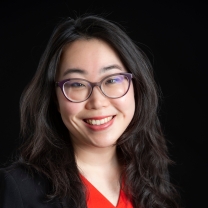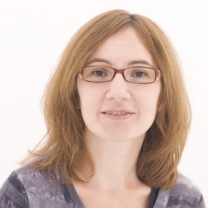Impact of Data in Public Service
Christine Keung (HBS ’20; Wellesley ’14) joins the Data Science program at Wellesley and the Albright Institute to discuss how she’s brought the rigor from her experience working for high-growth tech companies into her work as Chief Data Officer for the City of San José. She will discuss how data can be used impactfully to drive local decision making and the complexities of building a data team in municipal government.

